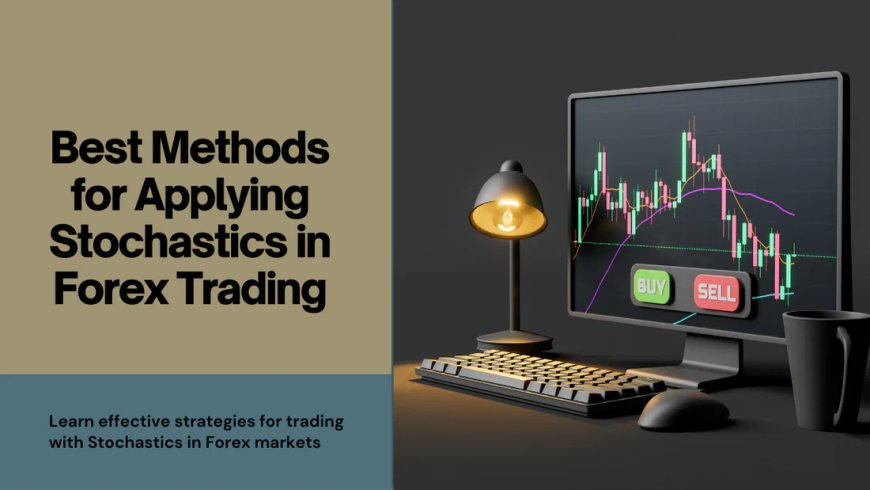Forex Trading Arizona
Forex Trading Arizona, Unlock your potential in Forex trading with our expert guidance tailored for the United States market.

Forex Trading in Arizona: A Comprehensive Guide
Forex trading, also known as foreign exchange or currency trading, involves buying and selling currencies in a decentralized global market. Arizona, with its growing economy and diverse population, offers unique opportunities for individuals interested in forex trading. This guide explores the essentials of forex trading in Arizona, regulatory considerations, strategies, and frequently asked questions (FAQs).
Understanding Forex Trading
The forex market operates 24 hours a day, five days a week, and is the largest financial market in the world. Traders in Arizona can access this market through online platforms, leveraging technology and analytical tools to trade currency pairs such as EUR/USD, GBP/JPY, and AUD/CAD.
Key Features of Forex Trading:
-
Liquidity: High liquidity due to the market’s size.
-
Leverage: Ability to trade larger positions with smaller capital.
-
Volatility: Opportunities from price fluctuations in currency pairs.
Is Forex Trading Legal in Arizona?
Yes, forex trading is legal in Arizona. However, traders must adhere to regulations set by federal authorities such as the Commodity Futures Trading Commission (CFTC) and the National Futures Association (NFA). These bodies ensure a fair and transparent trading environment.
Key Regulatory Points:
-
Forex brokers must be registered with the CFTC and NFA.
-
Traders should verify the legitimacy of brokers before opening accounts.
-
Tax implications: Forex trading profits are subject to taxation in Arizona, as governed by the Internal Revenue Service (IRS).
Choosing a Forex Broker in Arizona
Selecting a reputable broker is crucial for successful forex trading. Factors to consider include:
-
Regulation: Ensure the broker is registered with the CFTC and NFA.
-
Fees and Spreads: Compare trading costs, including spreads and commissions.
-
Platform Features: Look for user-friendly platforms with robust analytical tools.
-
Customer Support: Assess the availability and quality of support services.
Popular brokers for Arizona traders include IG, Forex.com, and OANDA.
Forex Trading Strategies
Successful trading requires well-defined strategies. Here are some popular approaches:
-
Scalping: Involves making quick trades to capture small price movements.
-
Day Trading: Positions are opened and closed within the same trading day.
-
Swing Trading: Capitalizes on medium-term price movements over days or weeks.
-
Position Trading: Long-term strategy focusing on significant market trends.
Each strategy requires specific skills, risk tolerance, and market analysis techniques.
Tools and Resources for Forex Traders in Arizona
Modern technology has made forex trading accessible to Arizonans. Essential tools include:
-
Trading Platforms: MetaTrader 4 (MT4), MetaTrader 5 (MT5), and proprietary broker platforms.
-
Educational Resources: Online courses, webinars, and tutorials.
-
Economic Calendars: Track key economic events impacting currency markets.
-
Technical Indicators: RSI, MACD, Bollinger Bands, etc.
Risks and Risk Management
Forex trading involves substantial risks. To manage these risks:
-
Use stop-loss and take-profit orders.
-
Avoid over-leveraging your account.
-
Diversify your trading portfolio.
-
Stay informed about market conditions.
FAQs about Forex Trading in Arizona
Q1: Do I need a special license to trade forex in Arizona? No, individual traders do not need a special license. However, brokers and financial institutions must be licensed and regulated.
Q2: What is the minimum amount required to start forex trading? The minimum amount varies by broker. Some brokers allow you to start with as little as $10, but $500 to $1,000 is recommended for meaningful trading.
Q3: Are there any local forex trading courses in Arizona? Yes, several institutions and online platforms offer forex trading courses. Local community colleges and financial education centers may also have relevant programs.
Q4: How are forex trading profits taxed in Arizona? Profits are taxed as either capital gains or ordinary income, depending on your trading activities. Consult a tax professional for guidance.
Q5: Can I trade forex full-time in Arizona? Yes, but full-time trading requires significant expertise, capital, and discipline. It’s essential to have a robust trading plan and risk management strategy.
Q6: What are the best times to trade forex in Arizona? The best times are during high liquidity and volatility periods, such as the overlap of the London and New York trading sessions (5 AM to 9 AM MST).
Q7: Are there forex trading communities in Arizona? Yes, you can find local forex trading groups and meetups on platforms like Meetup.com and social media. These communities provide networking and learning opportunities.
Conclusion
Forex trading in Arizona offers immense potential for those willing to invest time and effort into learning and practicing. With proper knowledge, tools, and strategies, traders can navigate the complexities of the forex market and achieve their financial goals. Always prioritize regulation and risk management to ensure a safe trading experience.

 btxadmin
btxadmin 





